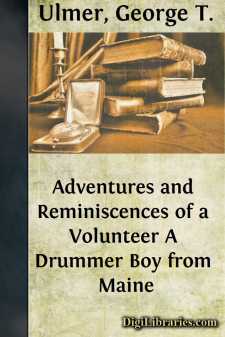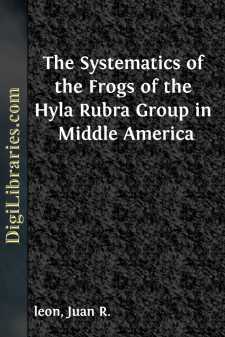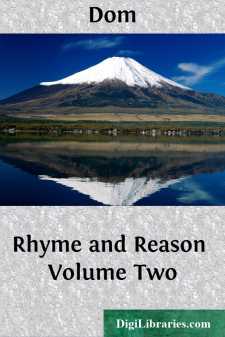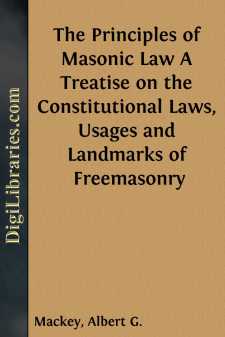Categories
- Antiques & Collectibles 13
- Architecture 36
- Art 48
- Bibles 22
- Biography & Autobiography 815
- Body, Mind & Spirit 144
- Business & Economics 28
- Children's Books 18
- Children's Fiction 14
- Computers 4
- Cooking 94
- Crafts & Hobbies 4
- Drama 346
- Education 58
- Family & Relationships 59
- Fiction 11835
- Games 19
- Gardening 17
- Health & Fitness 34
- History 1378
- House & Home 1
- Humor 147
- Juvenile Fiction 1873
- Juvenile Nonfiction 202
- Language Arts & Disciplines 89
- Law 16
- Literary Collections 686
- Literary Criticism 179
- Mathematics 13
- Medical 41
- Music 40
- Nature 180
- Non-Classifiable 1768
- Performing Arts 7
- Periodicals 1453
- Philosophy 65
- Photography 2
- Poetry 896
- Political Science 203
- Psychology 44
- Reference 154
- Religion 515
- Science 126
- Self-Help 85
- Social Science 83
- Sports & Recreation 34
- Study Aids 3
- Technology & Engineering 60
- Transportation 23
- Travel 463
- True Crime 29
Our website is made possible by displaying online advertisements to our visitors.
Please consider supporting us by disabling your ad blocker.
The Opium Habit
by: Horace B. Day
Description:
Excerpt
INTRODUCTION.
This volume has been compiled chiefly for the benefit of opium-eaters. Its subject is one indeed which might be made alike attractive to medical men who have a fancy for books that are professional only in an accidental way; to general readers who would like to see gathered into a single volume the scattered records of the consequences attendant upon the indulgence of a pernicious habit; and to moralists and philanthropists to whom its sad stories of infirmity and suffering might be suggestive of new themes and new objects upon which to bestow their reflections or their sympathies. But for none of these classes of readers has the book been prepared. In strictness of language little medical information is communicated by it. Incidentally, indeed, facts are stated which a thoughtful physician may easily turn to professional account. The literary man will naturally feel how much more attractive the book might have been made had these separate and sometimes disjoined threads of mournful personal histories been woven into a more coherent whole; but the book has not been made for literary men. The philanthropist, whether a theoretical or a practical one, will find in its pages little preaching after his particular vein, either upon the vice or the danger of opium-eating. Possibly, as he peruses these various records, he may do much preaching for himself, but he will not find a great deal furnished to his hand, always excepting the rather inopportune reflections of Mr. Joseph Cottle over the case of his unhappy friend Coleridge. The book has been compiled for opium-eaters, and to their notice it is urgently commended. Sufferers from protracted and apparently hopeless disorders profit little by scientific information as to the nature of their complaints, yet they listen with profound interest to the experience of fellow-sufferers, even when this experience is unprofessionally and unconnectedly told. Medical empirics understand this and profit by it. In place of the general statements of the educated practitioner of medicine, the empiric encourages the drooping hopes of his patient by narrating in detail the minute particulars of analagous cases in which his skill has brought relief.
Before the victim of opium-eating is prepared for the services of an intelligent physician he requires some stimulus to rouse him to the possibility of recovery. It is not the dicta of the medical man, but the experience of the relieved patient, that the opium-eater, desiring—nobody but he knows how ardently—to enter again into the world of hope, needs, to quicken his paralyzed will in the direction of one tremendous effort for escape from the thick night that blackens around him. The confirmed opium-eater is habitually hopeless. His attempts at reformation have been repeated again and again; his failures have been as frequent as his attempts. He sees nothing before him but irremediable ruin. Under such circumstances of helpless depression, the following narratives from fellow-sufferers and fellow-victims will appeal to whatever remains of his hopeful nature, with the assurance that others who have suffered even as he has suffered, and who have struggled as he has struggled, and have failed again and again as he has failed, have at length escaped the destruction which in his own case he has regarded as inevitable....












